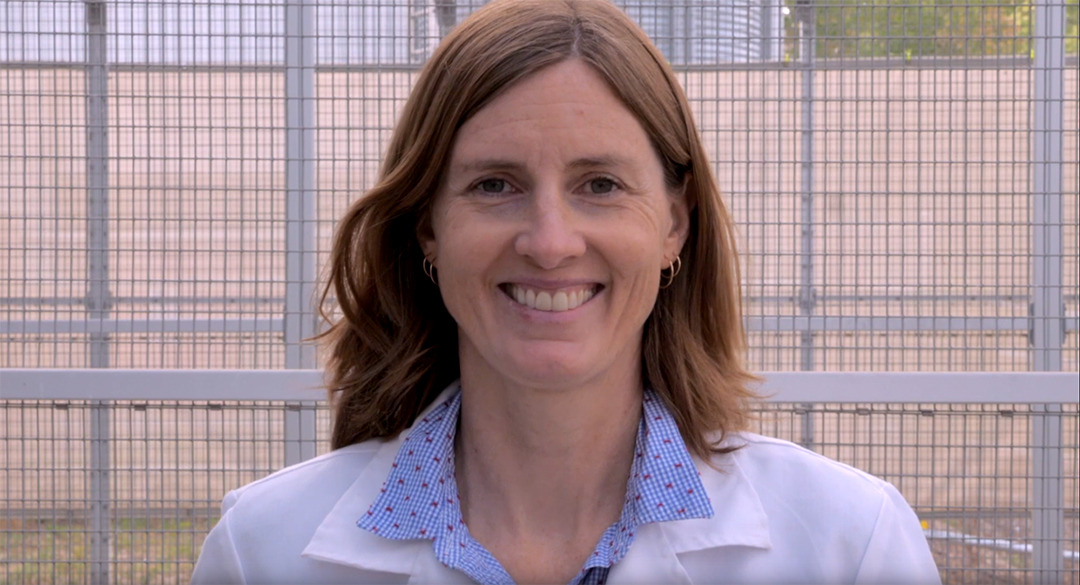
USask biologist Christy Morrissey Honored by the Royal Society of Canada
The Royal Society of Canada has named USask biologist Christy Morrissey, a highly regarded international leader in avian and aquatic ecotoxicology, as a member of RSC’s College of New Scholars, Artists and Scientists which celebrates research excellence at an early career stage.
In addition to Morrissey, the society has named two University of Saskatchewan faculty members - internationally renowned artist and sculptor Alison Norlen and historian Valerie Korinek - Fellows of the Royal Society of Canada (RSC), the national academy of distinguished scholars, scientists, artists and humanists.
"For these outstanding USask women in research, scholarly and artistic work, election to the Royal Society by their peers is the highest lifetime academic accolade they can achieve in Canada," said Karen Chad, USask vice-president research.
"We are delighted to celebrate as they take their well-deserved place among Canada's intellectual leaders, and contribute to the academy's important work in addressing complex issues that confront us nationally and globally."
RSC fellows are elected by peers as among the best in their field, and often are called upon to advise governments, non-governmental organizations and Canadians on matters of public interest. All new fellows and members will be presented at an event in Toronto on Nov. 27.
Engaging policy-makers, public on pesticide impacts
Christy Morrissey's innovative and highly regarded research on the impacts of agricultural pesticides on wild bird populations, migratory birds, and prairie wetland ecosystems has directly influenced policy changes by governments in Canada and around the world on the safety and use of these chemicals.
Her papers on the biological effects of neonicotinoids and other systemic pesticides (that affect the whole plant) are highly cited by other researchers worldwide. Along with this high-impact research, she has contributed to the understanding of pollution and other human activities that threaten birds, attracting wide interest from media and the public.
Morrissey, a professor in both the biology department and the School of Environment and Sustainability, was one of only 29 scientists worldwide asked to join the International Union of Conservation of Nature task force on systematic insecticides.
She formed the Canadian Prairie Agroecosystem Resilience Network, which brings together almost 30 university researchers, nine international organizations, and more than 30 partners from government, non-government agencies, agriculture industry groups and First Nations to redesign prairie agriculture, with the aim of making it more sustainable.
"The election to the Royal Society college is a prestigious recognition, and an opportunity to engage with new colleagues and the public. It provides a platform that enhances the ability to disseminate my research to a wider audience, and also adds credibility," Morrissey said.
Morrisey is a member of the Global Institute for Water Security and also a co-investigator on the Prairie Water project of the USask-led Global Water Futures program.
